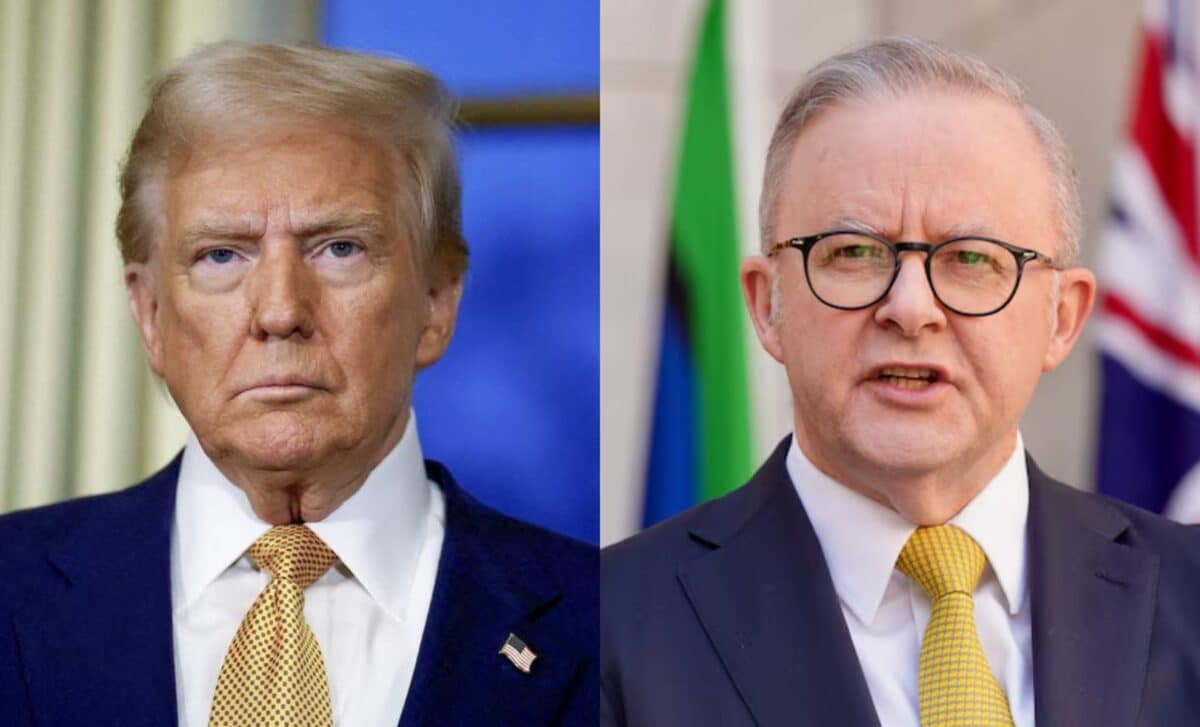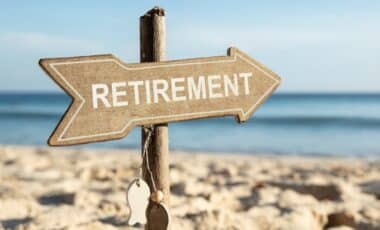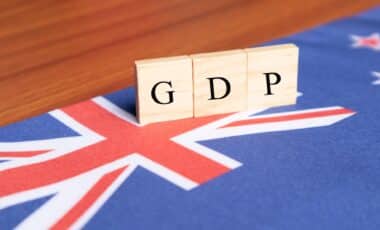As tensions rise over looming steel and aluminium tariffs, Australian Prime Minister Anthony Albanese has not ruled out a last-minute trip to the White House before the upcoming federal election. The primary objective of this potential visit would be to persuade Donald Trump to exempt Australia from tariffs that threaten to harm its key exporters.
Diplomatic Gamble for Trade Exemption
Australia faces a looming crisis as the United States prepares to impose 25% tariffs on aluminium and steel imports from allied nations, including Australia, set to take effect on March 12. This move, announced by President Trump earlier this week, has sent ripples through global markets, especially in industries where Australia is a significant supplier.
In response, Albanese has kept open the possibility of a visit to Washington. Despite Trump’s assurance that he would “give great consideration” to an Australian carve-out, the trade hawks within the U.S. administration, led by Peter Navarro, remain staunchly opposed to any such exemption. According to reports, Navarro claims that Australian aluminium exports are “flooding” the American market, a sentiment that could undermine Albanese’s efforts to secure a special deal.
The political stakes are high, with the Australian federal election looming, and Albanese’s team appears keen on leveraging all diplomatic avenues to safeguard the country’s economic interests. Yet, the risk of an unscheduled White House meeting with Trump, while diplomatically sound, carries uncertainties, not only because of the complex trade politics but also due to potential quid pro quo demands.
A Strategic Gamble: Pre-Election Diplomatic Risk
Despite the low probability of a visit, Albanese is reportedly leaving the option open should the situation worsen. On Tuesday, in a call with Trump, Albanese and the U.S. President discussed the possibility of meeting face-to-face, either in a bipartisan meeting or at a later Quad summit, where leaders from India, Japan, the United States, and Australia will gather later this year.
However, the logistical and political challenges of such a meeting—particularly given the electoral calendar—make it a high-risk strategy. If the Prime Minister chooses to meet Trump before the election, any failure to secure an exemption could tarnish his image domestically. The potential fallout, as it stands, appears too great for any diplomatic intervention to go unchallenged.
Yet, experts suggest that an incremental approach—one that combines steady negotiations with diplomatic outreach—may prove more effective than a high-profile visit. The groundwork laid by Australia’s Foreign Minister Penny Wong and Defence Minister Richard Marles in Washington may ultimately play a more pivotal role than a sudden appearance at the White House.









